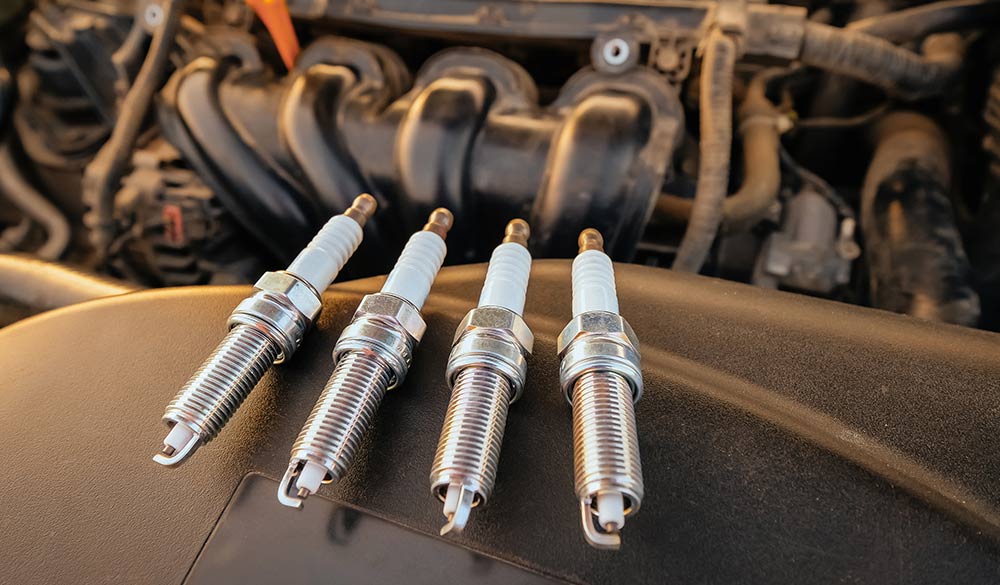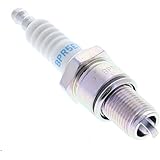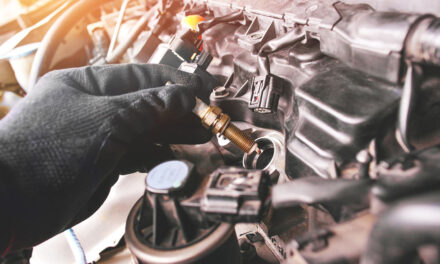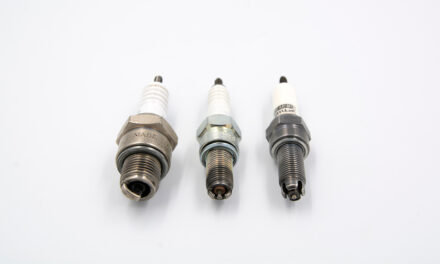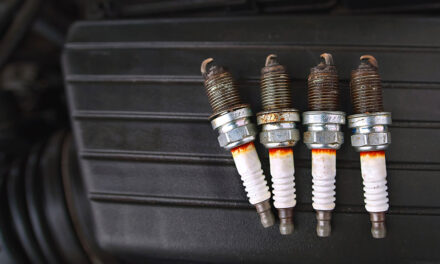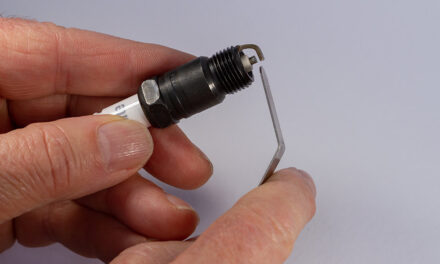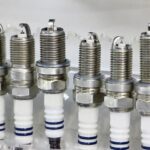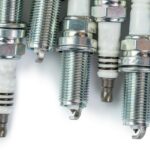Spark plugs are essential components of an engine, ensuring optimal performance and fuel efficiency. Here, we address some of the most frequently asked questions by vehicle owners and budding technicians about spark plugs.
1. What is the primary function of a spark plug?
Spark plugs generate a spark of electricity that ignites the air-fuel mixture in the combustion chamber of an engine, resulting in a controlled explosion that powers the engine.
2. How often should I replace my spark plugs?
The typical recommendation is between 30,000 to 90,000 miles, but it varies based on the spark plug type and the manufacturer’s recommendation. Always refer to your vehicle’s owner’s manual for specifics.
3. Can I use any spark plug in my vehicle?
No, each engine design requires a specific type of spark plug with a certain heat range and design. Always refer to the manufacturer’s recommendation or consult a technician.
4. Why is the heat range of a spark plug important?
The heat range of a spark plug determines its ability to dissipate heat from the combustion chamber. Using a spark plug with the incorrect heat range can lead to poor engine performance or damage.
5. What causes spark plugs to foul?
Spark plug fouling can occur due to multiple reasons, such as oil leaks into the combustion chamber, an overly rich air-fuel mixture, or using the wrong type of spark plug.
6. Can a bad spark plug lead to increased fuel consumption?
A faulty spark plug can lead to incomplete combustion, causing the engine to work harder and consume more fuel.
7. Are iridium spark plugs better than copper ones?
Iridium spark plugs last longer than copper ones and provide consistent performance. However, they are also more expensive. The choice depends on vehicle requirements and personal preference.
8. How can I identify a worn-out spark plug?
Common signs include difficulty starting the vehicle, rough engine idle, reduced fuel efficiency, and engine misfires.
Understanding spark plugs is crucial for both vehicle owners and technicians. By being informed, you can ensure the optimal performance of your vehicle and make informed decisions when replacements are necessary.

